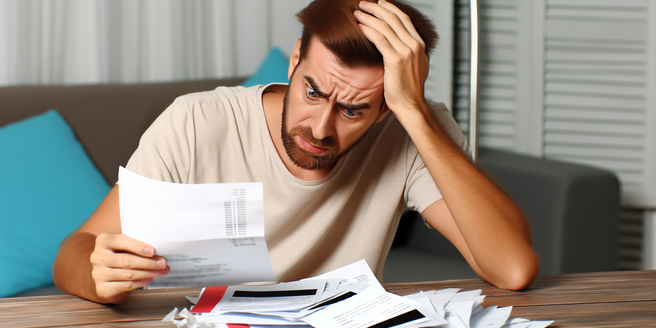Understanding Loan Default: Definition and Causes
Loan default occurs when a borrower fails to pay back a debt according to the agreed-upon terms. Several factors can lead to loan default. These can include financial hardship, loss of employment, or sudden unexpected expenses. Understanding the causes of loan default is the first step towards managing its potential consequences.
The Immediate Impact of Loan Default
In the immediate aftermath of a loan default, lenders typically take aggressive steps to recover the debt. These may include fee assessments, increased interest rates and calls from debt collectors. Additionally, the defaulter’s credit score will likely drop significantly, making it difficult to secure loans or credit in the future.
Long-term Consequences of Loan Default
Loan default can have long-term financial consequences. Damaged credit scores can last for years, making it harder to secure housing or employment. Also, the default can remain on your credit report for up to seven years, further complicating financial health. It can affect the interest rates on any new loans, resulting in paying more over the life of a loan.
Legal Consequences of Defaulting on a Loan
Aside from the financial impact, loan default can also lead to legal consequences. In some cases, if the loan is secured, the lender may have the right to seize property – like your home or car – to cover the unpaid debt. Also, creditors are legally allowed to sue defaulters for outstanding debt, which can result in wage garnishment or freezing of bank accounts.
Ways to Prevent Loan Default and Its Consequences
Preventing loan default often comes down to proactive financial management. This might include creating a realistic budget, building an emergency fund, or seeking professional financial advice. If you anticipate difficulties with repayment, it’s best to communicate with your lender as soon as possible. Many offer hardship programs or are willing to negotiate payment plans, which can potentially avoid the long-term consequences of a loan default.
Action Steps If You’re Already in Default
If you’ve already defaulted on a loan, don’t lose hope. Begin by talking to your lender to explore options like loan modification or refinancing. You may also benefit from credit counseling services. While the path to financial recovery might seem daunting, taking proactive steps can go a long way in mitigating the consequences of loan default.


